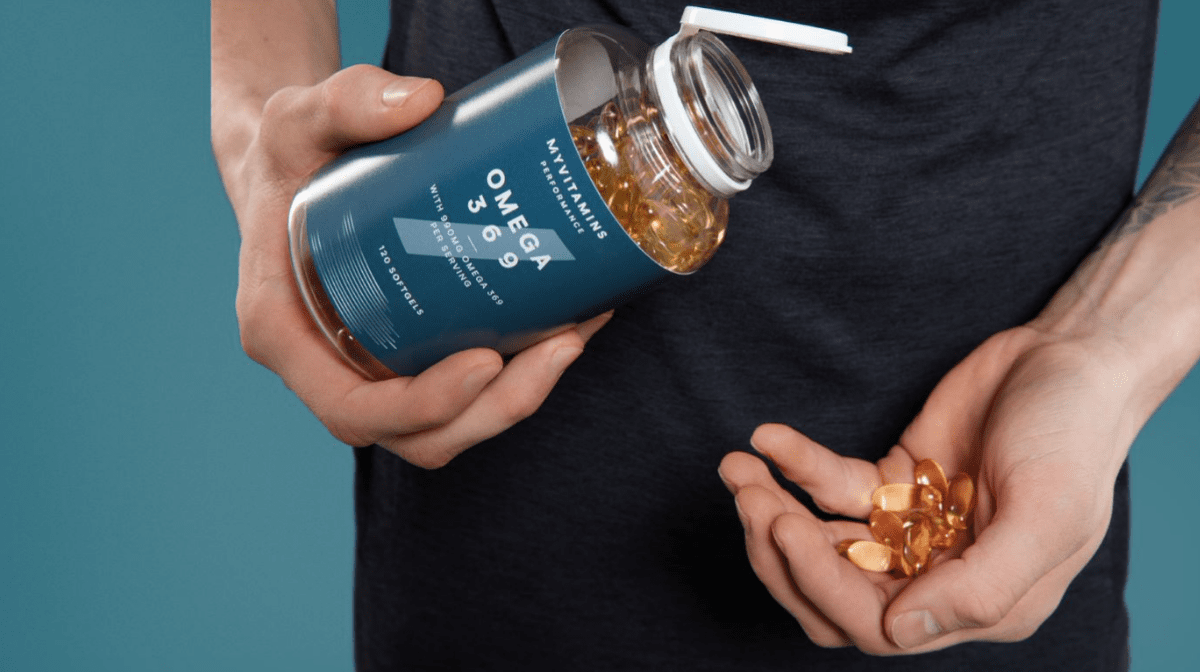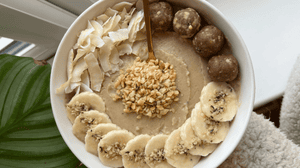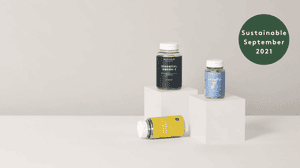
The heart is one of the most important organs in the body, continuously working to keep us moving and breathing. Even as early as in our twenties, our circulatory system can start to build up plaque, which can affect our blood pressure and artery function. One way to promote a healthy heart is through nutrition. Here are 7 ways to give your heart health a boost.
Vitamins For A Healthy Heart
1. Increase Antioxidant Intake
Antioxidants work by reducing inflammation in the body – they fight against the ‘free radical’ damage caused by pollutants, chemicals and poor dietary choices. Green tea is high in the type of antioxidants known as polyphenols, which can help to reduce blood pressure. Combine your antioxidants with caffeine for a health and energy boost.
2. Eat More Fibre
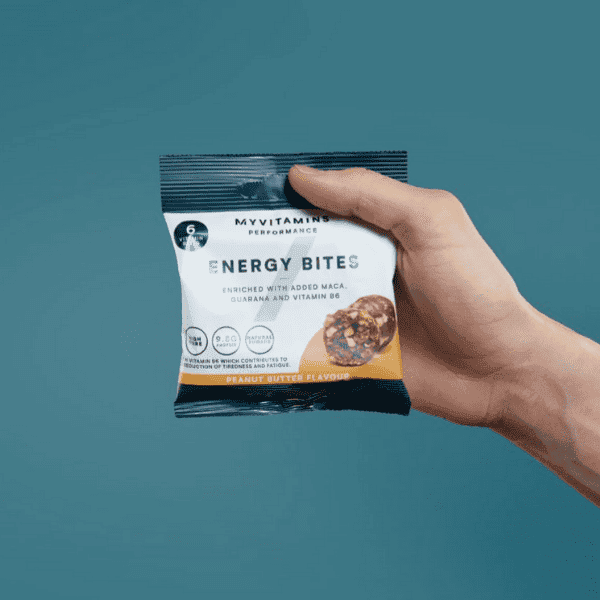
Although typically associated with gut health, fibre is important for the heart as it helps to remove artery-clogging LDL cholesterol. The recommended fibre intake is 30g a day, with great sources of fibre including dried fruit, nuts, beans, vegetables and wholegrain. Try focussing on high-fibre snacks to help your gut accommodate to an increase in dietary fibre.
3. Utilise Plant Stanols
Like fibre, plant stanols are an excellent way to increase both gut health and heart health. Stanols are a substance found naturally in plants and work to reduce cholesterol levels by binding to cholesterol sites in the body. The optimum dosage to aim for is 1.5-3g of plant stanols per day so adding a supplement can help you to achieve this goal.
4. Incorporate Daily Omega-3’s
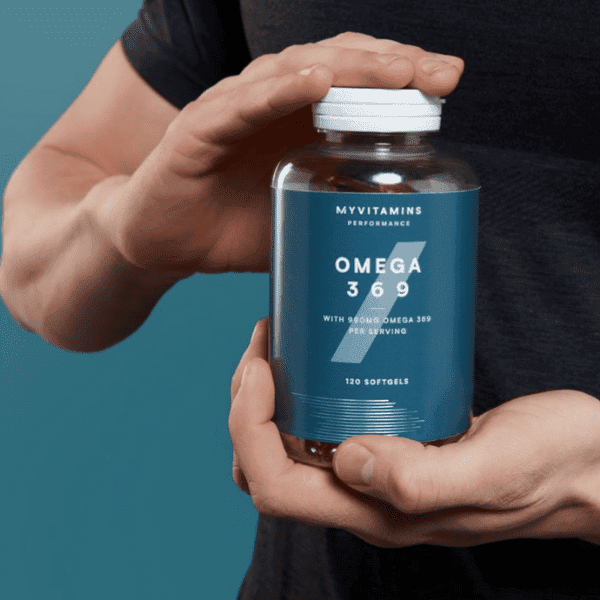
Typically associated with brain and joint health, regular intake of omega-3’s can help to reduce blood pressure. Omega 3 consumption also helps to increase the stretch ability of blood vessels, which contributes towards healthy blood flow.
5. Balance Out Your Salt Intake
Habitual salt intake is linked to an increased risk of stroke and cardiovascular disease by increasing blood pressure. Reducing your salt intake can help to decrease blood pressure and adding potassium to your diet can boost this effect. Potassium is an electrolyte that is vital for signalling to and from the heart; supplementation can help to support these signalling pathways and contribute towards heart health.
6. Get A Good Night’s Sleep

Sleeping less than 6 hours a night can have a significant impact on increasing blood pressure, and even sleeping less than the recommended 8 hours can have an impact long-term. Build yourself a sleep routine that includes chamomile, magnesium, lemon balm, or lavender, as all of these herbs and supplements have been shown to aid with sleep.
7. Replenish Your Protein Stores
Whey protein is well known for aiding muscle repair after a workout, but it can also be used to help to reduce both total cholesterol and LDL cholesterol. LDL collects in blood vessels and can cause blockages in arteries. Including whey protein daily may have a beneficial effect on cholesterol levels, as well as having the added bonus of increasing protein intake.
- https://www.researchgate.net/publication/230761537_The_Effect_of_Polyphenol_Consumption_on_Blood_Pressure
- https://www.cambridge.org/core/journals/british-journal-of-nutrition/article/effects-of-whey-protein-isolate-on-body-composition-lipids-insulin-and-glucose-in-overweight-and-obese-individuals/C6262253BDFA6D16F6B143ABBC9073B3
- https://www.bda.uk.com/resource/fibre.html
- https://www.bda.uk.com/resource/food-facts-plant-stanols-and-sterols.html
- https://www.ncbi.nlm.nih.gov/pmc/articles/PMC4153275/
- https://jamanetwork.com/journals/jama/article-abstract/416446
- https://academic.oup.com/sleep/article/29/8/1009/2708444?login=true

Related Articles

